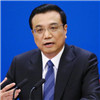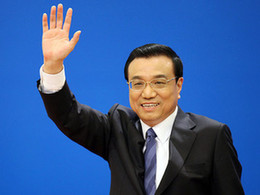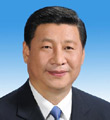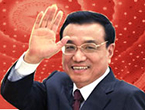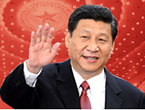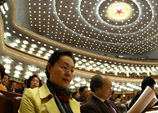CPPCC FAQs
Who presides over the work of the Standing Committee?
The chairmen of the National Committee presides over the work of the Standing Committee, and the vice chairmen and secretary-general assist the chairman in his (her) work.
Who decides the candidate units and members from them for the National Committee?
The Standing Committee of the outgoing National Committee of the CPPCC decides the candidate units and members from them for the new National Committee.
How long does each National Committee serve?
The National Committee serves for a term of five years. The term can be extended in special circumstances upon the approval of Standing Committee members, with a two-thirds majority required.
How many members are required to pass a proposal of the plenary session of CPPCC National Committee?
A proposal of the plenary session of the National Committee will only be adopted once a simple majority of all members has been achieved.
How long does a local committee serve?
Local committees at various levels should convene a plenary session at least once a year.
When was the CPPCC Charter amended?
The first amendments were adopted at the Fifth Plenary Session of the Fifth CPPCC National Committee on December 11, 1982.
What significant roles has the CPPCC played?
The convening of the Chinese People's Political Consultative Conference on September 21, 1949 turned over a new page in China's system of democratic politics.
What is the nature of the CPPCC?
The charter of CPPCC stipulates that the Chinese People's Political Consultative Conference is a united front organization with wide ranging representation. It is an important organ of multi-party cooperation and political consultation under the leadership of the CPC.
How did the CPPCC get its name?
The Chinese People's Political Consultative Conference (CPPCC) was jointly founded by the Communist Party of China (CPC), non-Communist political parties, the democrats with no party affiliations, people's organizations and public figures prior to the People's Republic of China.
+ MoreHighlights of the Sessions
- Fiscal, tax, financial reforms high on agenda
- Premier Li calls for new progress in mainland-Taiwan ties
- China, U.S. should expand common interests: Premier Li
- China to better handle relations between govt, market
- Premier: GDP target flexible, stresses employment
- Deputies eye national anti-terrorism law


